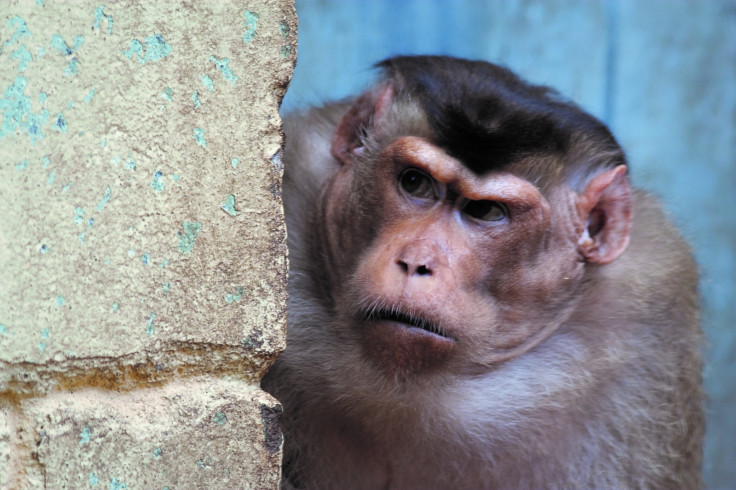Arguing helps monkeys make better decisions
Conflicts of interest push monkeys to make better decisions.

Conflicts of interest are often labelled as potentially damaging for groups, but a new study has shown that they actually lead to better decision-making – at least in monkeys.
New research published in Science Advances looks at how conflicts of interest help "collective computation", the ability for groups to reach a decision.
For primates, conflicts of interests lead to better and more accurate collective decision-making. They call for better and more qualitative information gathering from one individual to the next, and they increase the duration of deliberations.
The research challenges the previously widely accepted view, that conflicts of interests can only have negative consequences for individuals and the group it belongs to.
In fact, conflicts of interest have a range of benefits.
Primates will take their time to assess their own personal conflicts of interests,. When faced with an adversary, they will assess who would get the upper hand in a fight and whether to submit or keep on fighting a little longer.
In the wild, animals adapt their behaviour to their "noisy" environment. It's not about actual noise, but more about the amount of information they have to take in when making a decision. Primates recognise and evaluate many cues according to lead author Eleanor Brush, from the University of Princeton and University of Maryland, College Park.
First, they gather information about their surroundings or other primates, then they assess the information they gained in order to make the best decision.
A conflict of interest will extend the decision-making process because a primate will look at this information with more scrutiny.
When they are faced with another primate and try to determine who's the strongest of the two and who should submit, they are gathering all the cues they can get from their adversaries. They are looking at who would win in a fight and whether it's more sure to submit or to keep on opposing each other.
Usually, the longer it takes for a macaque to make their mind, the better informed its final decision will be.
In order to make these findings, Brush and her co-author Jessica Flack, from the Santa Fe Institute, created a theoretical framework inspired by a"leaky integrator" model. This model is used in neurosciences to look at situations where decision-making is required to balance out accuracy, time and individual preferences.
What happens for primates can be applied to many other structures. For instance, observing how animals and insects function in the wild has been applied to modern engineering. Robots can be programmed to interact more with each other in order to solve a task.







